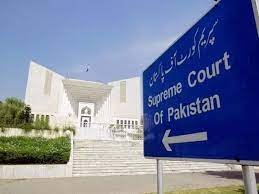The Cyber Crime Circle of the Federal Investigation Agency (FIA) has successfully apprehended four individuals involved in running websites disseminating blasphemous content against the holiest figures and the Holy Quran.
The arrested suspects were captured in various neighborhoods of Karachi. They were found to be actively engaged in sharing derogatory materials related to Allah, the Prophet Muhammad, the Mothers of the Believers, the Companions, and the Ahlul Bayt.
The culprits used various websites, Facebook, and Instagram accounts for spreading their offensive content. They had created multiple accounts on Facebook, using various pseudonyms, and utilized them to disseminate offensive content.
These individuals regularly uploaded offensive content, including sketches, images, and videos on these accounts. They also posted inflammatory statements related to their blasphemy on these platforms.
The arrested individuals include Muhammad Adnan, Junaid Khan, Muhammad Babar, and others. Their apprehensions were made following inquiries into multiple complaints of blasphemy.
The crackdown on these individuals is a significant step towards maintaining the sanctity and respect for religious figures and scriptures. Blasphemy is a sensitive issue in many countries, especially in Pakistan, where it can lead to social unrest and pose a threat to communal harmony.
The action taken by the FIA’s Cyber Crime Circle highlights the government’s commitment to ensuring the protection of religious sentiments and maintaining law and order in the digital space. It also serves as a reminder of the importance of responsible online behavior and the consequences of spreading offensive content.
The apprehension of these suspects is likely to set an example for others who may engage in similar activities online. It underscores the significance of maintaining respectful discourse and fostering tolerance in the digital age.
The legal process will now follow, and the arrested individuals will be subject to due legal proceedings to determine their guilt or innocence. This case emphasizes the need for robust mechanisms to address cybercrimes and protect the sanctity of religious beliefs in an increasingly interconnected world.



